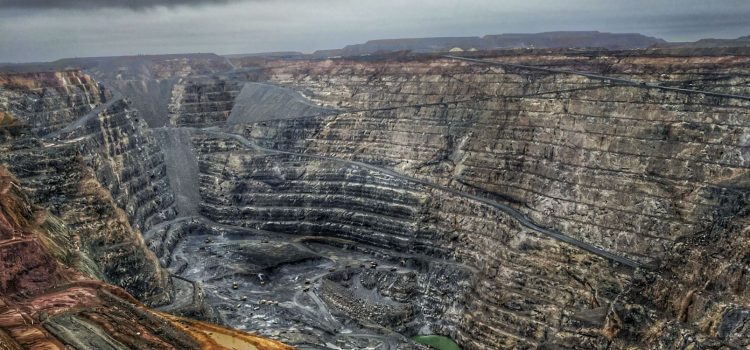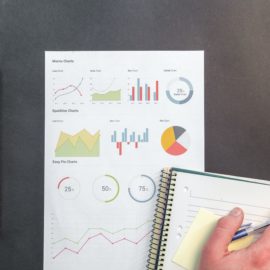
This is a free excerpt from one of Shortform’s Articles. We give you all the important information you need to know about current events and more.
Don't miss out on the whole story. Sign up for a free trial here .
What, exactly, is lithium? Who’s in the race for lithium supply chain superiority? Who are the likely winners and losers?
The US and other global powers are in a race to lock in lithium supply chains to meet growing electric vehicle needs. But the US faces a long road to becoming a player in the lithium supply chain game, and it’s likely to remain reliant on other countries for the mineral for the foreseeable future.
Below we’ll take a look at the US lithium situation compared to other countries.
The Demand for Lithium
With global revenue for the electric vehicle market expected to hit $457 billion in 2023, lithium-ion batteries are one of the planet’s most valuable commodities—and every major world power wants to be in on their production. The US and other global powers are in a race to lock in lithium supply chains to meet growing electric vehicle needs and establish economic and technological dominance.
Why Lithium Is So Important
Lithium, also known as “white gold,” is a soft, light metal found in rocks and underground fluids called brines. The mineral is a key component of rechargeable electric batteries that power cars and trucks, which drive 80% of lithium demand. US officials say that as the world transitions to clean energy in the coming decades, demand for lithium and other “critical minerals” used in electric vehicle batteries will grow by as much as 4,000%. The US must, as a result, become less reliant on foreign sources of lithium and lock in reliable, homegrown sources to ensure economic prosperity and national security.
Who’s Winning and Losing the Race
Three countries currently dominate global lithium supply and production—and the US isn’t one of them.
1. Australia tops the list, producing roughly half of the world’s lithium supply.
2. Chile ranks second, producing a quarter of the global lithium supply.
3. China is third, producing 13% of the world’s lithium supply. It controls 60% of the world’s lithium refining capacities.
The US Ranks at No. 8
In 1996, the US produced 27% of the world’s lithium supply. Today, despite being home to some of the globe’s largest lithium reserves, there’s just one large-scale US lithium mine that yields less than 2% of the world’s lithium supply. The US is now scrambling to tap the mineral on its own soil as quickly as possible. Efforts in multiple states are underway, including in:
- Nevada. Workers on the Lithium Americas project in Nevada are preparing to build the US’s first large-scale lithium mine in a decade.
- California. Miners are preparing to tap California’s largest inland body of water, the Salton Sea, which has the potential to produce more than 300,000 tons of lithium annually. This is more than half the world’s lithium supply and enough to support seven and a half million electric cars a year.
Are EVs Good for the Environment?
EVs produce no emissions while being driven, but the mining, manufacturing, and disposal of batteries threatens to be a major environmental concern in the coming years. Materials in lithium-ion batteries are toxic and often flammable—fires sparked by these batteries are not uncommon in municipal waste facilities.
Looking Ahead
Experts expect electric car sales to increase significantly in the decade ahead as car prices drop due to battery manufacturing changes, improved technology, and economies of scale.
But the US has a long road ahead to become a major player. With public opposition and long environmental review processes required to build and re-open mines, the country faces an uphill battle to produce the hundreds of thousands of tons of lithium needed to meet upcoming electric vehicle needs quickly enough.

Want to fast-track your learning? With Shortform, you’ll gain insights you won't find anywhere else .
Here's what you’ll get when you sign up for Shortform :
- Complicated ideas explained in simple and concise ways
- Smart analysis that connects what you’re reading to other key concepts
- Writing with zero fluff because we know how important your time is






